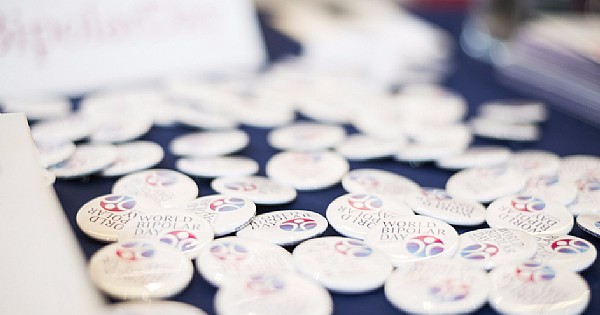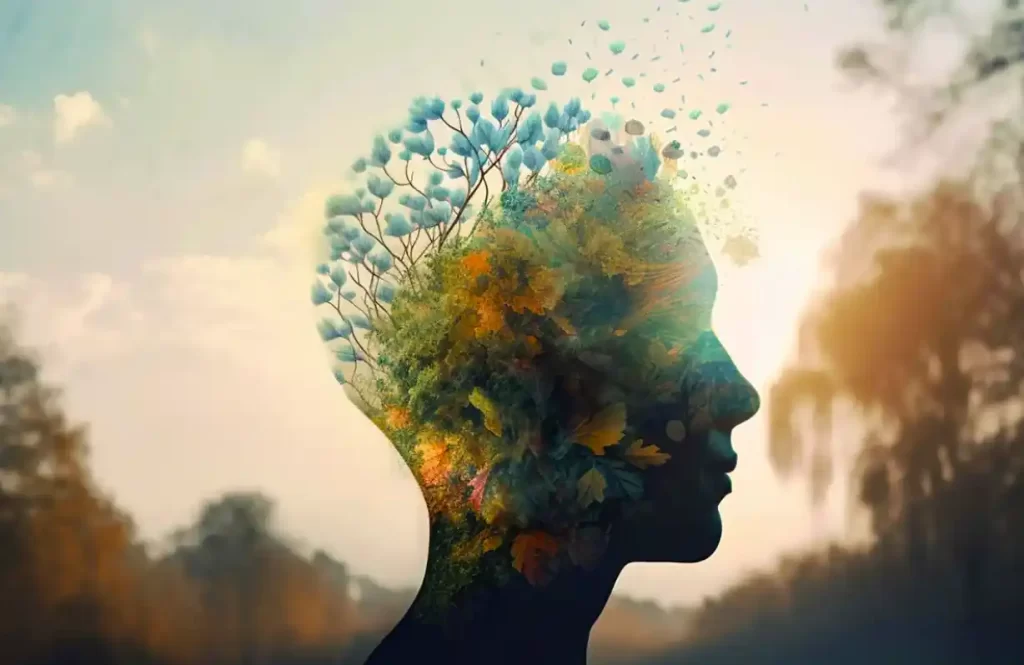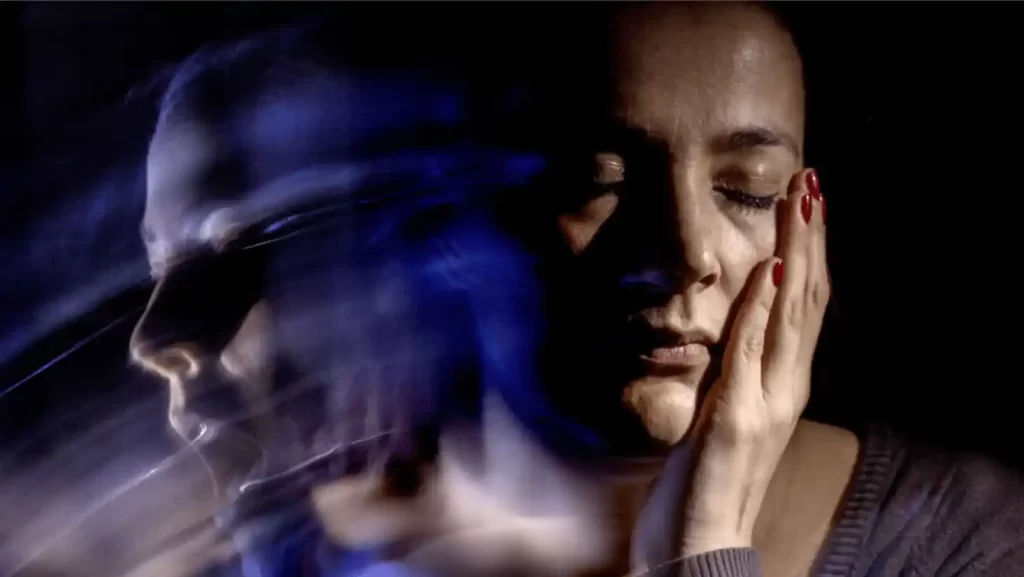World Bipolar Day

On March 30th, World Bipolar Day serves as a global platform to raise awareness, reduce stigma and provide support for individuals living with bipolar disorder. Characterised by extreme shifts in mood, energy and activity levels, bipolar disorder affects millions of people worldwide. Together, let´s explore the significance of World Bipolar Day, the complexities of bipolar disorder and practical strategies for managing symptoms and promoting well-being.

Understanding bipolar disorder
Defining bipolar disorder
Bipolar disorder is a mental health condition characterised by alternating periods of mania or hypomania and depression. Manic episodes are marked by elevated mood, increased energy, impulsivity and heightened creativity, while depressive episodes involve feelings of sadness, hopelessness and lethargy.
The spectrum of bipolar disorder
Bipolar disorder exists on a spectrum, with varying degrees of severity and symptom presentation. Some individuals experience rapid cycling between manic and depressive episodes, while others have longer periods of stability interspersed with mood episodes. Understanding the unique manifestations of bipolar disorder is crucial for effective treatment and support.

World Bipolar Day
Raising awareness and reducing stigma
World Bipolar Day provides an opportunity to raise awareness about bipolar disorder and challenge stigmatising attitudes and misconceptions. Educate yourself and others about the realities of living with bipolar disorder, dispel myths and promote empathy and understanding for individuals affected by this condition.
Providing support and resources
Offer support and resources for individuals living with bipolar disorder and their loved ones. Connect with local organisations, support groups and online communities that provide information, peer support and practical coping strategies for managing bipolar symptoms and promoting recovery.
Fostering open communication
Create a safe and supportive environment for open communication about bipolar disorder. Encourage individuals to share their experiences, feelings and concerns without fear of judgement or stigma. Listening with empathy and offering validation can make a significant difference in someone’s journey towards healing and acceptance.
Managing bipolar symptoms and promoting well-being
Seeking professional help
If you or someone you know is struggling with bipolar symptoms, seek professional help from a mental health provider. Effective treatment for bipolar disorder often involves a combination of medication, psychotherapy and lifestyle interventions tailored to individual needs.
Establishing healthy routines
Establishing regular routines for sleep, nutrition, exercise and stress management is essential for managing bipolar symptoms and promoting stability. Consistency in daily habits helps regulate mood, energy levels and sleep patterns, reducing the risk of mood episodes.
Building support networks
Cultivate supportive relationships with friends, family members and mental health professionals who understand and validate your experiences with bipolar disorder. Lean on your support network during difficult times and celebrate victories together during periods of stability.
Practising self-care
Prioritise self-care practices that nourish your mind, body and spirit. Engage in activities that bring you joy, relaxation and fulfilment, whether it is spending time in nature, pursuing creative hobbies or practising mindfulness and meditation.

On World Bipolar Day, let’s come together to shine a light on bipolar disorder, support individuals living with this condition and advocate for greater understanding and acceptance. By raising awareness, reducing stigma, providing support and resources, and promoting strategies for managing symptoms and promoting well-being, we can create a more inclusive and compassionate world for everyone affected by bipolar disorder. Remember, you are not alone, and there is hope and help available on your journey towards healing and recovery.
